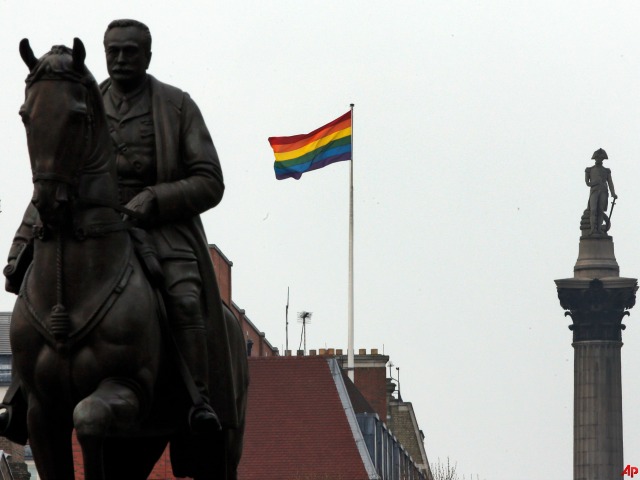An analysis of UN human rights reporting just released by the Center for Family & Human Rights (C-Fam) shows that Western Europe has put gay rights in the developing world front and center in tackling human rights issues at the UN.
Out of 503 recommendations made by governments on sexual orientation and gender identity, in what’s known as the Universal Periodic Review, 75% of them came from Western Europe and almost all were targeted at the developing world.
The Universal Periodic Review is a fairly new UN process where Member States produce a comprehensive report on how they are implementing the human rights treaties they are a party to.
While pressure to expand abortion rights was directed almost exclusively at Latin American countries, pressure on gay rights was directed mostly at Africa but also the rest of the world. Africa boasts some of the most Draconian laws against LGBT individuals on the books, but it wasn’t just Africa on the dock. Latin America came in second with 23.5% of the references to expanding LGBT rights, Eastern Europe received 18.1%, and the Asia-Pacific region received 17.1% of the negative recommendations. Even Western Europe itself came under criticism with 11.3% of the negative reports.
Governments are free to accept or reject such recommendations from other countries. According to Oas, out of 503 recommendations on homosexuality and human rights, only 184 were “accepted” while 319 were “noted” which is the UN way of rejecting something.
The keen interest among the Europeans in “sexual orientation” is demonstrated by the fact that in the first wave of UPR reports there were more than 500 recommendations on the subject, while in the same wave there were only 30 recommendations on a right to abortion. Those, too, came mostly from European countries and were aimed primarily at Latin America.
While not a single UN human rights treaty mentions “sexual orientation and gender identity” and no UN treaty even mentions the world “homosexual,” there is a trend in the UN human rights world to read new concepts and terms into these hard-law treaties, including a right to abortion and making LGBT individuals their own category of potentially subjugated people in international law. It is now common practice for UN treaty monitoring bodies to read “sexual orientation and gender identity” into the treaties–even if the governments that negotiated them disagree–and then force governments into accepting the new language.

COMMENTS
Please let us know if you're having issues with commenting.